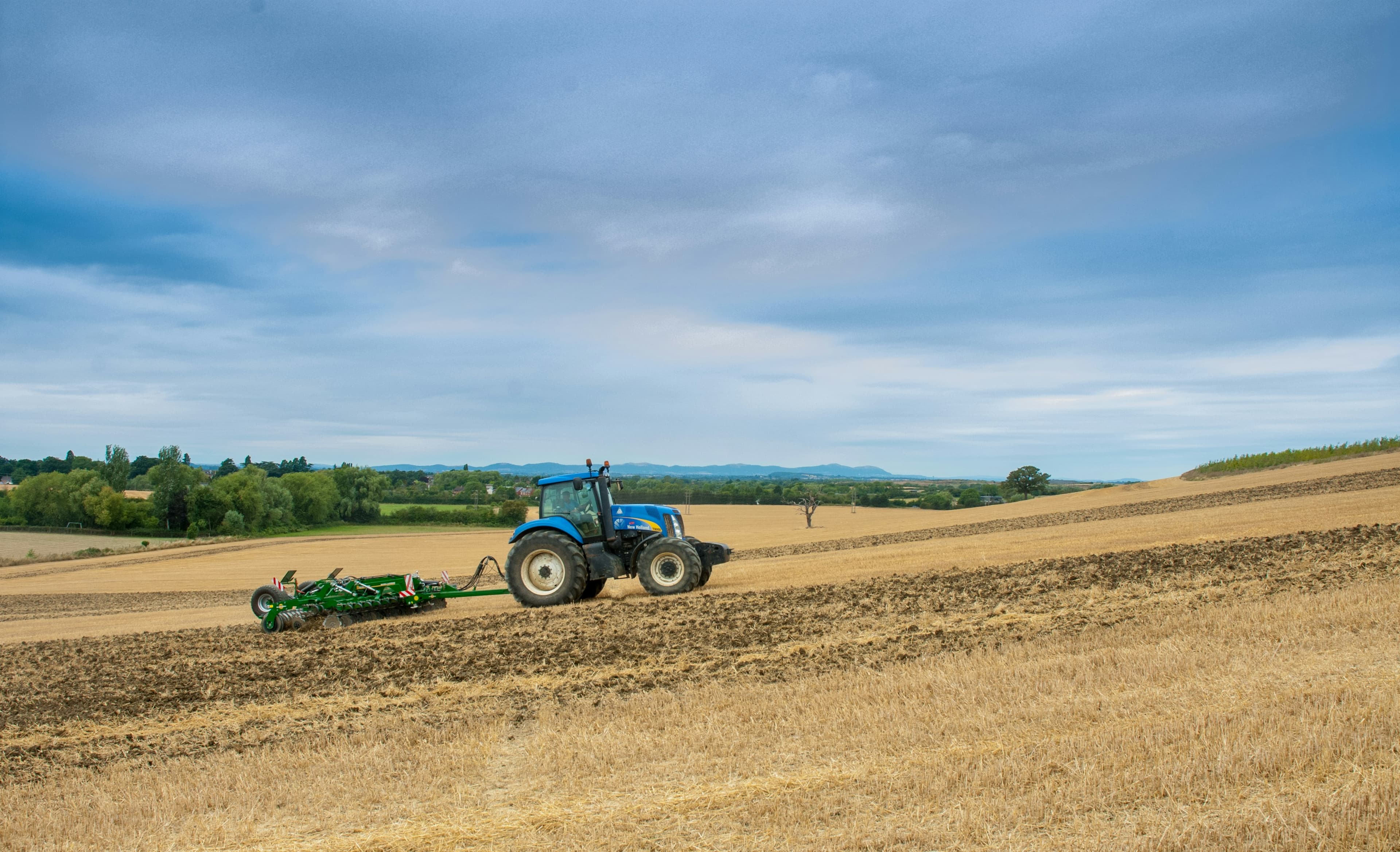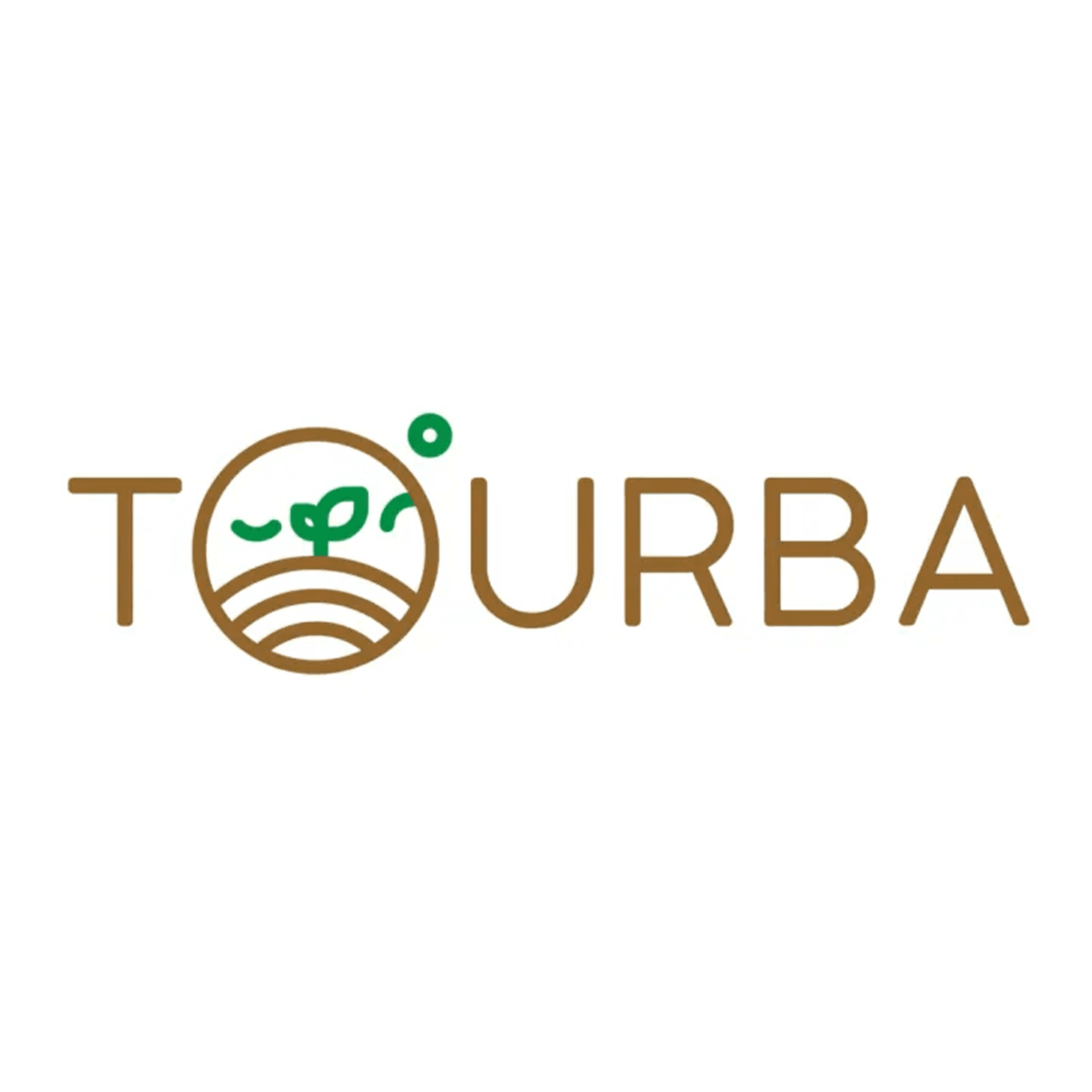
Scale regenerative farming for climate resilience in Morocco
 OCP Group
OCP Group  Tourba
Tourba 总结
Al Moutmir and Tourba work in synergy to accelerate the uptake of regenerative agricultural practices, promote low-carbon farming, and improve farmer livelihoods in Morocco.
Context
OCP Group is a global leader in phosphate-based fertilizers headquartered in Morocco. Through the Al Moutmir initiative and the Tourba nature-based solutions project developer, OCP aims to leverage regenerative practices to generate high-integrity carbon credits and generate strong co-benefits for rural communities.
The agrifood sector is vital for Morocco's economy: 16% of gross domestic product, 19% of total exports in 2023 and 67% of rural jobs and 36% of all jobs.[i] However, the sector faces significant challenges due to consecutive years of drought, leading to substantial production declines, highlighting its vulnerability to climate risks. Farmers cultivate cereal on 4.5 million hectares, equivalent to 80% of the country’s arable land. They often practice monocropping in rain-fed agriculture.[ii] Climate change is severely disrupting rainfall patterns in the region, with reduced rainfall affecting grain production by reducing yields and productivity, with negative impacts on farmers’ incomes. The Al Moutmir–Tourba partnership addresses these challenges by promoting regenerative agriculture and conservation practices across six regions in Morocco: Rabat-Salé-Kénitra, Béni Mellal-Khénifra, Marrakech-Safi, Tanger-Tétouan-Al Hoceïma, Fès-Meknès, and Casablanca-Settat (Tourba also operates in Nigeria, Ethiopia and Brazil)

Solution
The partnership between Al Moutmir and Tourba promotes conservation agriculture through focusing on four practices aimed at reducing greenhouse gas (GHG) emissions and generating additional income streams for farmers through the issuance of high-integrity carbon credits:
Zero/reduced tillage: limit soil disturbance to store carbon, retain moisture and prevent erosion;
Crop residue management: leave at least 30% of residues to protect soil, conserve water and build organic matter;
Crop rotation: alternate crops, mostly with legumes, to improve soil health and reduce pest pressure;
Nitrogen management: Optimize fertilizer use to enhance soil carbon, reduce nitrous oxide emissions and improve environmental sustainability.
Key implementation pillars:
Equipment and machinery access: No-till seeders provided via Al Moutmir program to farmer organization as well as by Tourba via Credit Agricole du Maroc loans and the Moroccan Association for Conservation Agriculture for smallholders.
Technical assistance: Farmers sign agreements with Tourba, granting carbon rights in exchange for training, technical support and a guaranteed revenue share.
Al Moutmir engineers, agronomists and UM6P experts conduct regular field visits to provide customized agronomic extension services, covering all aspects of the cropping system, including crop rotation, fertilization, residue management and soil health.
Training and education: Farmer field schools, demo platforms, peer exchanges and collaboration with the local representative from the ministry’s Regional Directorates of Agriculture and Provincial Directorates of Agriculture, the National Office of Agricultural Advisory Services and other associations support knowledge transfer efforts.
Research and innovation: A network of research and academic partners – INRA, ICARDA, UM6P, APNI and other contribute to research and knowledge generation on conservation agriculture topics.
Figure 1: Farmers in the field (Credits: OCP Group)

Impact
Sustainability impact
Climate
Emissions Scope Targeted:
Scope 3: focus on reducing emissions from agricultural practices such as tillage and fertilizer application.
Tourba leverages carbon finance as a core enabler of its model, mobilizing resources through the forward sale of carbon credits. This financial structure removes upfront cost barriers for farmers and ensures economic viability at scale. Tourba redistributes 65% of credit revenues to participating farmers, combining financial incentives with training and technical assistance.
Nature
16+ crop species used in rotation under no-till farming
30% residue cover maintained on surface
Optimized fertilizer use
Social
4,300 farmers engaged across 32,000 hectares (Al Moutmir)
2,200 producers engaged across 160,000 hectares (Tourba)
54% profitability increase with no-till
By eliminating tillage: cost reduction of 400-1400 Moroccan Dirham per hectare
By reduction of seed doses cost reduction of 130-400 Moroccan Dirham per hectar
Business impact
Benefits
Improved yields (up to 23% increase)
Reduced input costs (400–1,400 MAD/ha from tillage elimination)
New rural jobs in machinery services and training
Strengthened farmer resilience and supply chain security
Strengthened collaborations and research development
Costs
USD $3.3M invested by Al Moutmir; USD $7–12M by Tourba
Equipment costs mitigated via Crédit Agricole du Maroc (GCAM) loans and shared access
Carbon finance model redistributes 65% of credit revenues to farmers
Implementation
Typical business profile
Agrifood companies
Operating in semi-arid regions
Engaged in cereal and legume farming
Early to mid-stage in Net Zero/Nature Positive journey
Approach
Identify target regions and farmer organizations
Provide access to no-till seeders and training
Implement conservation practices and monitor progress
Quantify carbon and distribute revenues
Scale through public-private partnerships
Stakeholders involved
Al Moutmir- Tourba project:
Project Leads: OCP Group, Al Moutmir, Tourba
Company Functions: Agronomy, Sustainability, Innovation
Main Providers: GCAM, AMAC,
Others: InnovX, INRA, Mohammed VI Polytechnic University of Benguerir (UM6P), Al Moutmir, farmer organizations, Ministry of Agriculture, Maritime Fisheries, Rural Development and Water and Forests (MAPMDREF), its regional and provincial offices (DRA and DPA), and the National Office of Agricultural Advisory Services (ONCA), National Institute of Agronomic Research (INRA), International Center for Agricultural Research in the Dry Areas (ICARDA), African Plant Nutrition Institute (APNI), Hassan II Institute of Agronomy and Veterinary Medicine (IAV Hassan II), National School of Agriculture of Meknes (ENA Meknes), ABS (Africa Business School) and Columbia Business School, African Conservation Tillage Network (ACT), International Center for Agricultural Research in the Dry Areas (ICARDA)
Key parameters to consider
Mature initiative started in 2019 with national alignment
5-year soil resampling cycle for MRV accuracy, planning on long term initiative time
Verra VM0017 methodology validation underway
Strong public-private governance via steering committee
Tourba partnership with GCAM for dedicated financing scheme
Implementation and operations tips
Engage farmers early through field schools and demo plots
Use tailored support for smallholders and large-scale farms
Monitor with geotagged plot-level data and adaptive MRV
Align with national no-till targets for policy support